Health and Safety
CASA Sevilla prioritizes the overall health and well-being of students on our program. In order to encourage a healthy and safe semester, it’s important that you and your families prepare for your medical needs, together with your healthcare providers, in advance of your time abroad.
Health Insurance
Health insurance is an essential component of overall healthcare as it provides financial protection and peace of mind in case of medical emergencies. It also guarantees access to medical facilities and professionals, which is critical when studying in unfamiliar countries where healthcare systems may operate differently.
Sanitas is a required health insurance provider for visa purposes and so that all students have the same access to health care services while in Spain. This local health insurance is included in the program fee and comes at no additional cost.
Your home university may provide additional coverage through a University-based International Insurance such as International SOS, (Cornell, Penn, Harvard, Swarthmore); GeoBlue (Vanderbilt); and Healix International (Johns Hopkins). These plans are designed to provide insurance in emergency situations, including coverage for medical evacuation, and may provide supplemental health insurance.
Through your family’s private health insurance plan, you may receive additional coverage. It is important to inquire further with your home school study abroad office to determine which additional insurance may cover you abroad. In most cases, you will need to maintain your personal US/domestic health insurance policy while studying abroad.
Disability Accommodations
CASA Sevilla aims to provide an inclusive and successful educational experience for all students. It is important to note that since levels of accessibility and availability of disability services differ from country to country, planning ahead for your study abroad experience is essential.
While you are not required to inform program staff of a disability and/or medical condition, it is strongly encouraged as many accommodations require early planning, and we are not able to guarantee that all accommodations can be met onsite.
As such, any requests for accommodations that are made as early as possible will enable us to better assist. You should inquire further about specific accommodations procedures with program staff.
Emergencies
Be sure to check in with your home school and program staff regarding the appropriate steps to follow and who to contact in case of an emergency.
Emergency contact information and additional protocols are reviewed with you during onsite orientation and are also included in the CASA Sevilla Student Handbook (available on the program Confluence website, to which you have access after being officially accepted).











